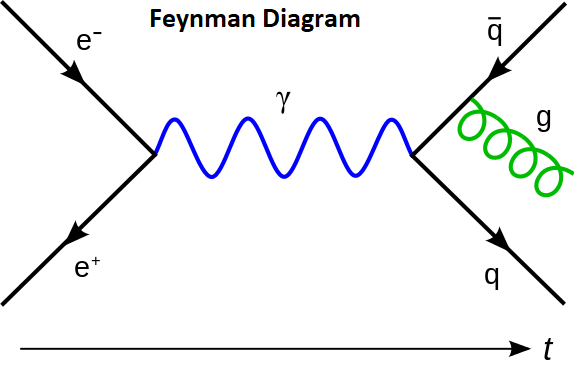The moment something doesn't make sense, start with the idea that it should. Assumptions are rarely a good thing, but this one helped me get better at learning.
I don’t know who I am yet - I have no major success stories to share - but I have some lessons learned that would have helped me if I knew them sooner. Sharing them is the purpose of this blog. The theme: everything should be simple.
As a student, I started at bottom of the class. I didn't take learning seriously, which caused my parents to find bigger challenges for me; I was sent to an elementary school where I was nearly the only american in an all-french program. (In hindsight, thank you, mom and dad). But I only continued struggling and barely passed my classes. I started taking my education more seriously but the results were the same: I was academically weak.
I think this is because I thought of learning as the painful task of cramming information into my head. (Sort of true, no hidden secrets on this.) And unfortunately, I associated difficulty with all aspects of learning. This was a huge mistake, because when what I memorized didn't make sense, that didn't matter to me. I would carry on, I wouldn't second guess my learning, and when I tried to use it for a practice problem, I failed. I didn't realize that what I had done was only the first step. That after cramming all that information in my head, I had to make sense of it. Seems like an obvious next step, but easier said than done.
Thankfully, one of my teachers said something that stuck: if something doesn't make sense, it's wrong. This flipped a switch in my head. From that point on, if something I was doing didn't make sense to me, I would decide that I must be thinking about it the wrong way, and start over. Quite suddenly, I was good at learning and I enjoyed it.
It's similar in concept to the phrase: "If I had more time, I would have written a shorter letter" (Blaise Pascal, 1657). The act of reducing language down to something short and simple is challenging. This would be a reason editors exist, right? And even if I am not communicating the idea to someone else, thinking about new language to describe a problem was a way for me to explain the problem to myself. A new translation.
I started to enjoy learning because now it was easy. I had a reliable metric for success. If I think I understand something but I still think of that thing as complex, I now know I'm not ready to move on. I pause what I'm doing, and I attack a new question. "If everything should be simple, why isn't this one thing simple for me? What is making this feel complicated?" I can't always change the answer. And it's important to be comfortable with this too. But knowing what it is helps. Nothing in life is actually simple. But starting with the assumption that it should be (or might be) could help you notice a couple things standing in your way. You'd be surprised: you can solve some very big problems by breaking them down into simple ideas.
In the end, what I realized was that without challenging myself to make things simple, I was only learning by translation. I could only explain my learnings using other things I'd learned to the same superficial degree. It is only when I can explain something to myself without leaning on other "complex" ideas, that I know I've understood.
My goal is to translate ideas in as few steps as possible, so that the desired and the real are as close as possible. That is why I try to understand concepts in as many of the other languages I know.
A suggestion: please, try this with something hard you're doing. If there's something you understand and you think of it as complicated, really ask yourself why. (Hint: it's really hard the first time you do this.) And really find the answer. Also please, send me the results! I'd love to hear your story, even if this process doesn't work for you.
So, the lesson I hope you takeaway is: the moment something doesn't make sense, start with the idea that it should. This lesson has worked for me, maybe it will work for you.

